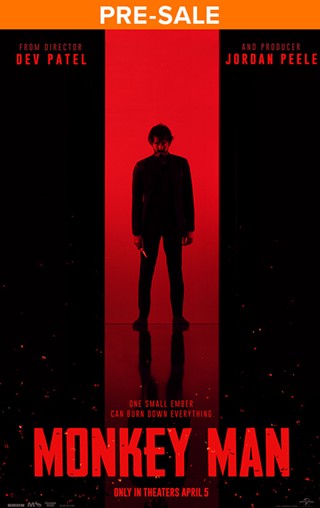Jonathan Demme's rock 'n' roll dramedy Ricki and the Flash exists in a wormhole where the last five decades of pop culture are a blur. There's 66-year-old Meryl Streep, playing a broke singer who ditched her family to dominate the stage with the whiskey growl of Janis Joplin and the jangly jewelry and thigh-high boots of Heart's Nancy Wilson.
The broad strokes of Ricki's life have truth. Women -- especially of her era -- are supposed to grow up, play nice, and stay home. Those who leave their husband and three kids, as Ricki did twenty years before the movie starts, are demonized. What's refreshing about Diablo Cody's script is that Ricki never feels a lick of regret. The plot kicks off when Ricki's daughter Julie (real-life Streep scion Mamie Gummer) attempts suicide after her husband leaves her, forcing her estranged mom to fly home to provide comfort -- or really, a fresh target for Julie's wrath.
Other movies would pressure Ricki to fix her "mistake." Instead, Ricki and Julie skulk around Indianapolis gorging on donuts, getting witchy manicures, and frightening the squares. And where Ricki can't compute basic bitches, Demme despises them.
You sense Cody wanting to tell a rich story about a rebel with flaws. Yet Demme sprints through Ricki's sins, crowns her a saint, and spends the rest of the running time taking potshots at women who decorate their homes with signs squealing, "I would give up chocolate, but I'm not a quitter." If only Demme shot a scene of Ricki stubbing out a joint on a Cathy comic strip.
Support Us
Houston's independent source of
local news and culture
account
- Welcome,
Insider - Login
- My Account
- My Newsletters
- Contribute
- Contact Us
I support
Support the independent voice of Houston and
help keep the future of the Houston Press free.
Keep the Houston Press Free.
Credits
Director:
- Jonathan Demme
Cast:
- Meryl Streep
- Kevin Kline
- Mamie Gummer
- Audra McDonald
- Sebastian Stan
- Rick Springfield
- Charlotte Rae
- Maria Di Angelis
- Lisa Joyce
Writer:
- Diablo Cody
Producers:
- Marc Platt
- Diablo Cody
- Mason Novick
- Gary Goetzman
Now Playing
Ricki and the Flash is not showing in any theaters in the area.






